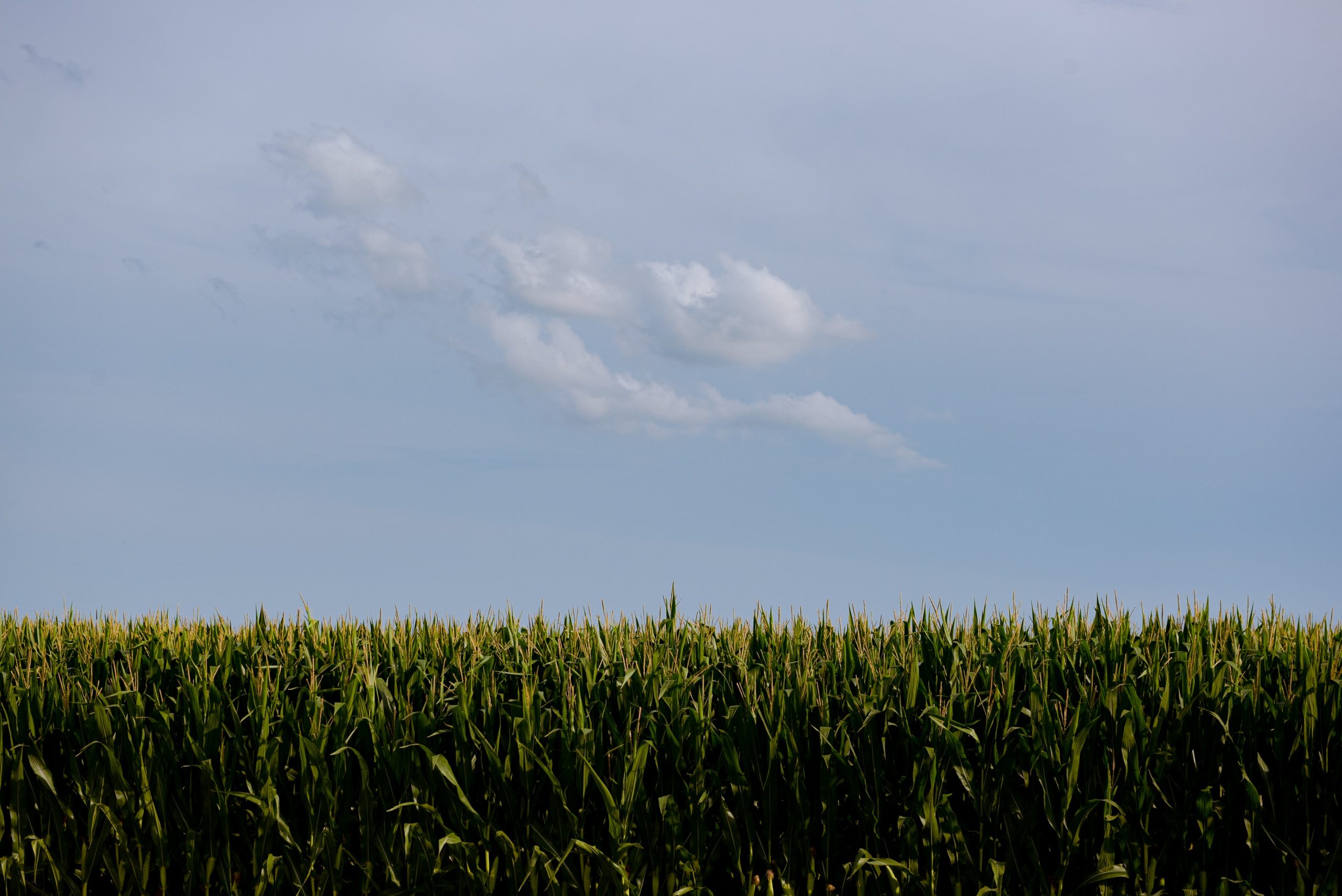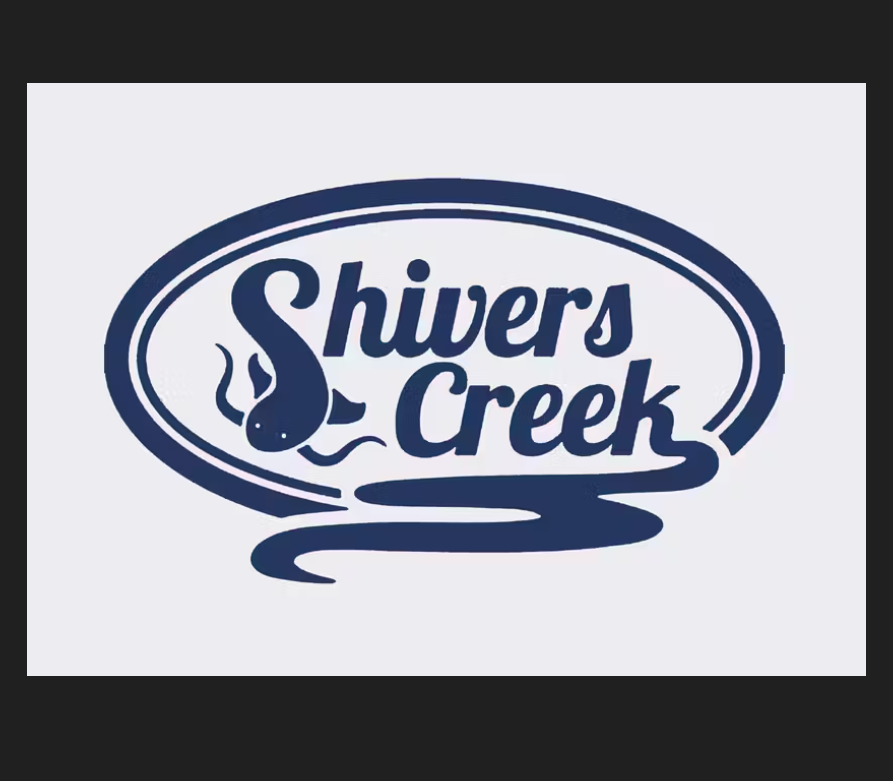Goat meat imports dominate the U.S. market, but a group of Mississippi meat goat producers aims to change that. The state is conducting the Southeastern Buck Performance Test, a first-of-its-kind initiative supervised by the Mississippi State University Extension Service.
The committee’s ultimate goal is to make meat goats a viable livestock option for small farmers, particularly those with less than 50 acres of land. Mississippi offers abundant land that may not be suitable for row crops but is ideal for raising goats.
Led by Kiko meat goat producers nationwide, the test takes place at Dewayne Smith’s commercial goat farm in Leakesville. While the test is open to any meat goat breed, Kiko goats are popular in the southeastern U.S. due to their performance in the region’s climate.
Leyla Rios, Extension small ruminant specialist, coordinates the test, which serves as a crucial first step for Mississippi producers to enhance their herds and establish a strong domestic market.
The study also benefits other regional producers. Rios expressed hope that the test would eventually help meet the demand for goat meat in the U.S. using domestic products, accommodating various goat-based offerings like meat, special cuts, patties, sausages, jerky, and more. The test’s primary objectives include identifying genetics that produce marketable carcasses using locally available forages, improving resistance to internal parasites (the primary challenge for Mississippi goat producers), and determining future studies that enhance production efficiency and profitability. Although similar tests have been conducted in other states for years, Mississippi producers recognize the importance of conducting tests in their own climate.
Jeff Lamote, a longtime Alabama goat farmer and test committee member, emphasized the significance of gathering data from locally grown animals, akin to the tests that propelled the beef, swine, and poultry industries. Rios echoed this, stating that studying buck performance under real farming conditions is crucial for improving local breeds and reducing reliance on imported semen.
The committee focuses on measuring four key factors: fecal egg count, average daily weight gain, muscle thickness, and USDA grading, which collectively drive profitability for producers. The forage test within the study aims to determine which bucks perform best on a forage-only diet, considering that forages typically constitute 70% to 90% of a small ruminant’s diet. Commercial grain mixes make up the remaining 10% to 30%.
The test team from MSU includes professionals such as Rios, Pearl River County Extension agent Alex Shook, animal and dairy science students Nicholas Merchant, Jill DeGayner, and Kelsey Mazeres, research professor Rhonda Vann, forages specialist Rocky Lemus, and genetics associate professor Trent Smith. Experienced goat farmers from Mississippi and Alabama, including Dewayne Smith, Darryl Byrd, Joe Knetter, and Lamote, also contribute to the team. The MSU team visits the test site biweekly to collect data, and the test itself runs from June 26 to Oct. 15.
The gathered data will enable growers to improve their herds within one to two years, with the addition of a buck with desired traits being the fastest way to enhance a herd. The traits being tested have a high heritability rate, although not 100%.















